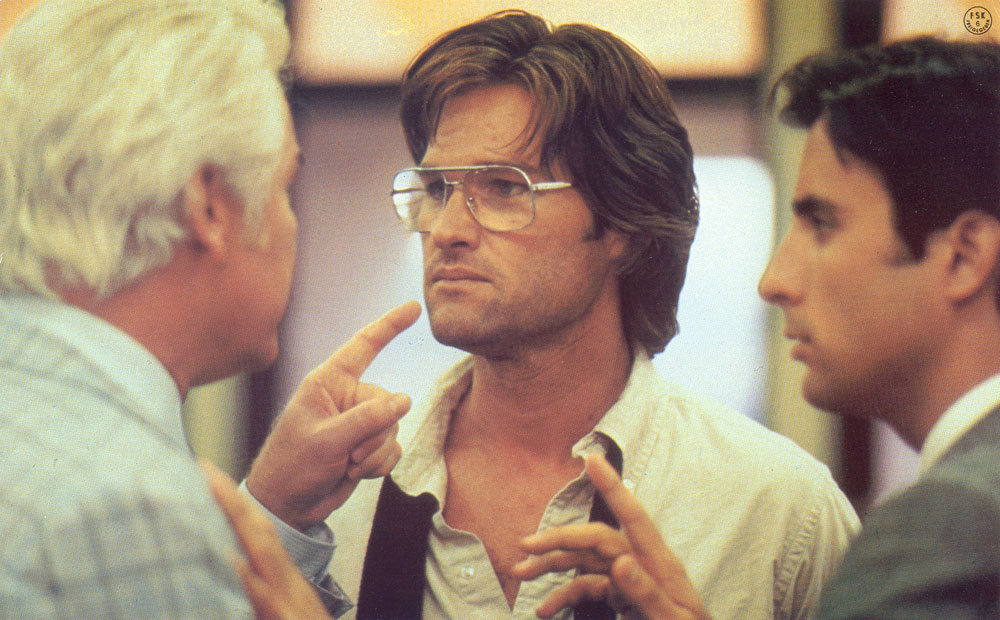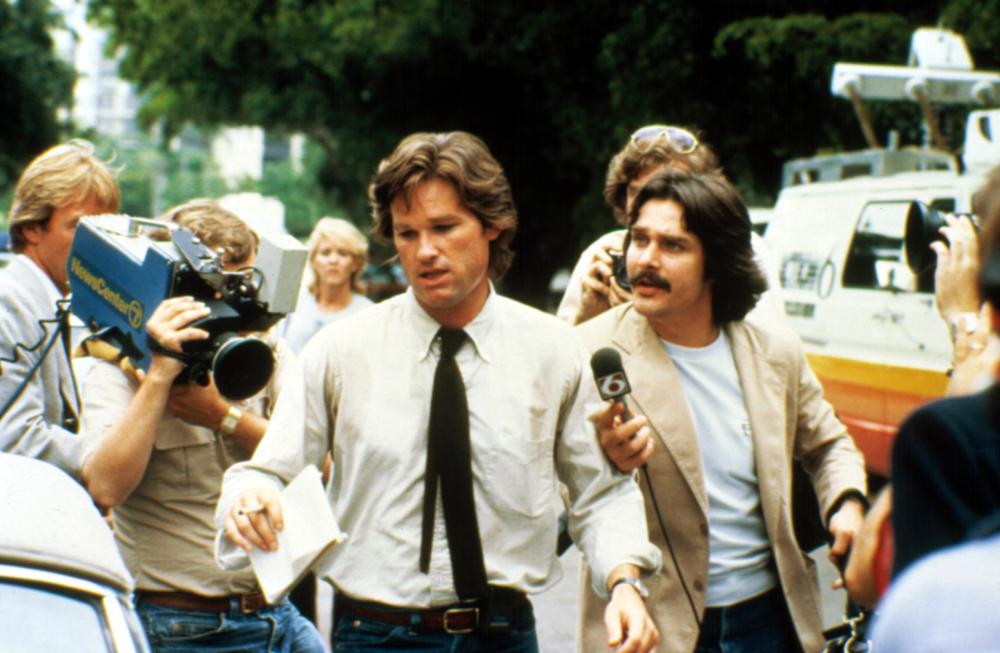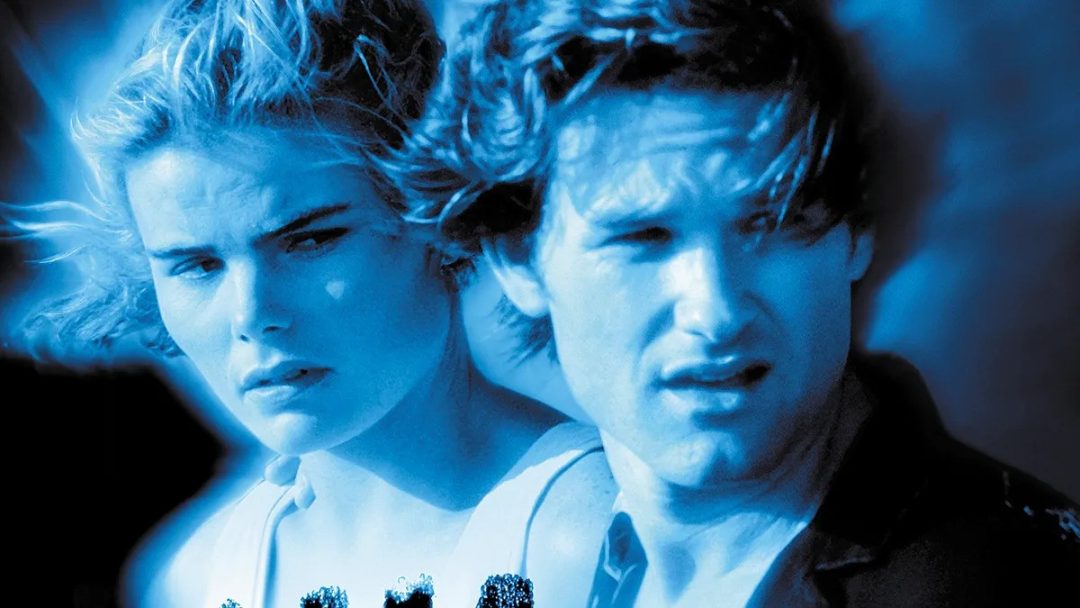In the vast landscape of cinematic thrillers, it’s easy to over look some, even if they have good storytelling, suspenseful sequences, and powerful performances. The Mean Season is easily an underappreciated gem that stands tall among its contemporaries for its execution and timeless relevance. It’s hard to believe it took me this long to see it, but more so that no one talks about it.
Set against the backdrop of Miami’s sweltering heat and atmospheric tension, The Mean Season follows the journey of Malcolm Anderson (Kurt Russell), a seasoned reporter disillusioned by the monotony of covering trivial stories. His world takes a dramatic turn when he receives a phone call from a calculated and eerie serial killer, who wishes to use Malcolm as a conduit for his messages to the public.
The brilliance of The Mean Season lies not just in its great plot, but in its exploration of the human psyche amidst terror. Kurt Russell’s portrayal of Malcolm Anderson is a testament to his acting prowess, seamlessly depicting the character’s internal struggle between his professional duty and personal safety. Russell’s nuanced performance gives remarkable depth into Malcolm’s world, showing the weight of each moral dilemma he faces.

The movie deserves praise for its ability to build tension through meticulous pacing and atmospheric cinematography. Using Miami’s scorching landscapes and urban settings to heighten the sense of unease and impending danger, creating a palpable feeling of dread that permeates every scene.
The screenplay for The Mean Season was adapted by Leon Piedmont from the novel In the Heat of the Summer by John Katzenbach. It does a great job navigating the complexities of the cat-and-mouse game between Malcolm and the killer, keeping you enthralled while delving into profound themes of morality, responsibility, and the impact of media sensationalism. This also makes it kind of timeless with the more things change, the more they stay the same.
The supporting cast, including Mariel Hemingway as Christine Connelly, provides a solid foundation for the film’s emotional depth. Hemingway’s performance adds vulnerability and strength as Malcolm’s girlfriend, providing a necessary anchor in his tumultuous journey.
I don’t want to spoil anything, in case others live under a rock such as I apparently do, but I also want to talk about the killer. His portrayal is haunting, transforming a seemingly ordinary man into a deeply unsettling and enigmatic antagonist. The calm yet menacing voice is creepy, creating an atmosphere of suspense that lingers on. On the one hand keeping it secret was the right move, but on the other, it’s a fantastic performance once all is revealed.

The Mean Season is not merely a thriller; it’s a thought-provoking commentary on the symbiotic relationship between the media and the public’s insatiable appetite for sensationalism. It challenges us to question the ethical boundaries of journalism and the moral responsibilities that come with reporting on heinous crimes.
I think The Mean Season should still stand out as a testament to the enduring power of a well-crafted thriller that relies on character development, psychological depth, and a compelling narrative. I can’t help, but think to myself, how a movie like this has stayed off my radar for so long. I get it when it’s a movie I’ve heard of and just never gave it time, but not knowing this even existed, blows my mind.
The Mean Season should be seen as a timeless thriller that continues to resonate, decades after its release. Its thought-provoking storyline, stellar performances, and masterful direction make it a must-watch for anyone seeking a gripping and intellectual experience. This underrated gem deserves a resurgence, as it’s a benchmark for the genre and a testament to the storytelling in film. I only wish I had watched it sooner.

Check back every day for movie news and reviews at the Last Movie Outpost









